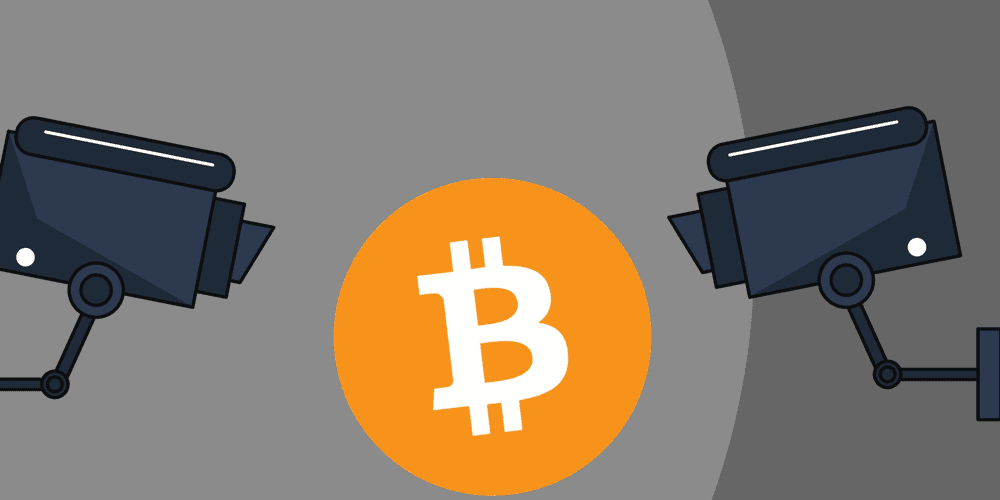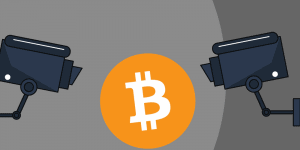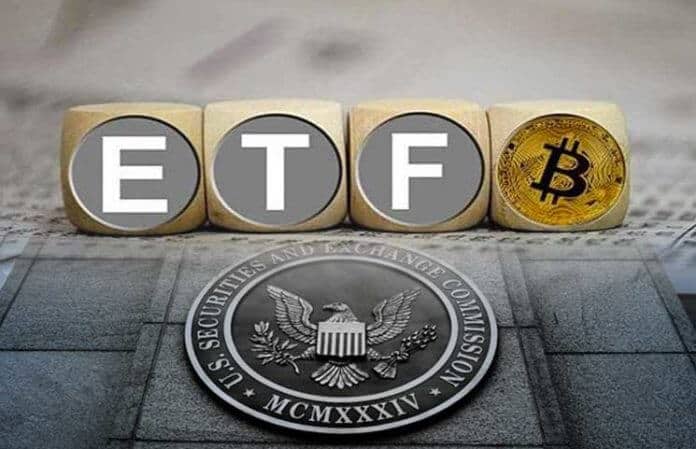Join Our Telegram channel to stay up to date on breaking news coverage
DuckDuckGo, a popular online search engine, recently conducted a survey of Internet users in a bid to decipher their opinions on the need for privacy. As expected, the results were rather clear; people believe that they should be more protected while on the net, and they would like to have much more control over the type of information about them that Internet services and platforms collect.
Privacy is a necessity now
In a blog post summarizing its research effort, DuckDuckGo explained that out of the responses gotten from 1,114 random Americans no less than the age of 18, almost 80 percent had either reduced their use of social media or made modifications to their privacy settings in the past year. These modifications include moving their social media accounts to “private,” as well as the removal of location tags on posts.
In addition to those, almost 25 percent affirmed that they had either social media accounts completely deleted due to concerns over data security and privacy.
Beyond social media, 36.8 percent of respondents also claimed that they had employed some password manager or the other in the past year, while 24.1 percent affirmed that they had begun to make use of Virtual Private Networks (VPNs)
Enter: Bitcoin
The connection between this and Bitcoin isn’t so difficult to see. While the world’s most popular cryptocurrency was billed to be the tool that will finally deliver us freedom from the establishment, they also found it is a significant catalyst to privacy. In a world where privacy is now more required than ever (thank you, Facebook!), the necessity for Bitcoin to take center stage is now.
However, the importance of Bitcoin in the preservation of privacy is much more than just working as a tool for abolishing the constructs of the establishment. For people who value financial privacy and a form of money that doesn’t rely on centralization, the Bitcoin system also does suffice pretty well.
This set isn’t going anywhere
In addition to that, there is also the argument that Bitcoin is here to stay, regardless of whether the authorities like it or not. Several digital currency systems that provide the promise of greater privacy have come and go, but with Bitcoin, things are quite different; banning or abolishing Bitcoin is practically impossible, and even authorities know that.
In July 2019, United States resident Donald Trump went on a Twitter tirade about how cryptocurrencies are evil and have values that are based on thin air. His tweets, as well as buttresses from Treasury Secretary Steve Mnuchin, gave rise to suspicions that the Trump administration might be looking into imposing a ban on Bitcoin.
I am not a fan of Bitcoin and other Cryptocurrencies, which are not money, and whose value is highly volatile and based on thin air. Unregulated Crypto Assets can facilitate unlawful behavior, including drug trade and other illegal activity….
— Donald J. Trump (@realDonaldTrump) July 12, 2019
However, Economist and cryptocurrency trader Alex Krueger put the minds of crypto insiders to rest on July 15, when he explained in a Twitter thread that the law would prevent the Commander-in-Chief from imposing a ban on Bitcoin.
1/ Could Trump ban Bitcoin?
Thread ???? pic.twitter.com/KeDI35GU7C
— Alex Krüger (@krugermacro) July 15, 2019
However, he also pointed out that Trump will need to convince Congress of the need to ban Bitcoin, and lawmakers could also overturn his demands, irrespective of any executive orders or other emergency measures.
Join Our Telegram channel to stay up to date on breaking news coverage


